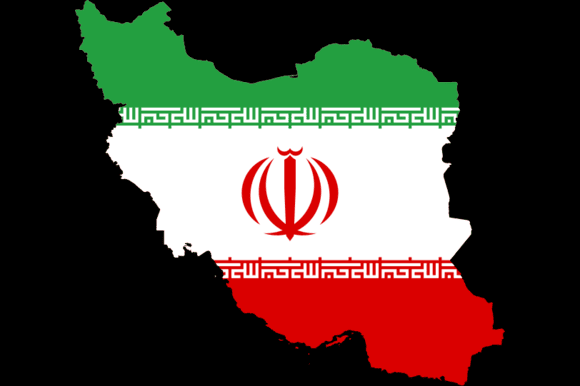Iran is set to soon deliver a counterproposal regarding a nuclear agreement to the United States, as stated by its Ministry of Foreign Affairs.
Esmaeil Baghaei, the spokesperson for the ministry, announced during a weekly news conference on Monday that Iran is dissatisfied with the US proposal and intends to present its own version through the mediator Oman. This announcement represents the first public indication that Tehran will reject the US proposal following the fifth round of discussions last month, during which Iran indicated it had received certain “elements” of a US proposal, and Foreign Minister Abbas Araghchi later remarked that the text contained “ambiguities”.
Baghaei criticized the US proposal on Monday, labeling it as “lacking elements” that reflect the outcomes of previous negotiation rounds, although he did not elaborate further.
“We will soon present our own proposed plan to the other side through Oman once it is finalized,” he stated.
Baghaei pointed out that the US proposal did not address the lifting of sanctions, which is a crucial demand for Tehran, which has been suffering under their burden for years. Tehran and Washington have been engaged in discussions since April to negotiate a new nuclear agreement to replace the deal with major powers that US President Donald Trump abandoned during his first term in 2018. The two long-time adversaries have been caught in a diplomatic deadlock over Iran’s uranium enrichment, which Tehran defends as a “nonnegotiable” right, while Washington regards it as a “red line”.
Trump, who has reinstated his “maximum pressure” campaign of sanctions against Iran since resuming office in January, has consistently stated that Tehran will not be permitted any uranium enrichment under a potential agreement.
Last week, Iranian Supreme Leader Ali Khamenei rejected the US proposal as contrary to Iran’s interests, vowing to persist with enrichment on Iranian territory, which Western powers perceive as a possible route to developing nuclear weapons. Iran maintains that its nuclear program is solely for peaceful purposes.
The International Atomic Energy Agency (IAEA), which serves as the nuclear watchdog for the United Nations, is set to hold a Board of Governors meeting in Vienna from Monday to Friday to deliberate on Iran’s nuclear activities.
This meeting follows the IAEA’s release of a report that criticized Tehran for its “less than satisfactory” cooperation, especially regarding the clarification of previous instances of nuclear material discovered at undeclared locations.
In response, Iran has labeled the IAEA report as biased, asserting that it was based on “forged documents” supplied by Israel.
Baghaei mentioned that the timing for the sixth round of nuclear negotiations between Tehran and Washington remains uncertain.






